学术贡献
吴有光教授是福利经济学领域的著名学者,主要研究第三优理论、幸福经济学和公共政策,同时研究享乐主义功利主义对有效利他主义的影响。他还提出了中观经济学(mesoeconomics),在不假定完全竞争的情况下,以简化的方式将微观、宏观和一般均衡结合起来。
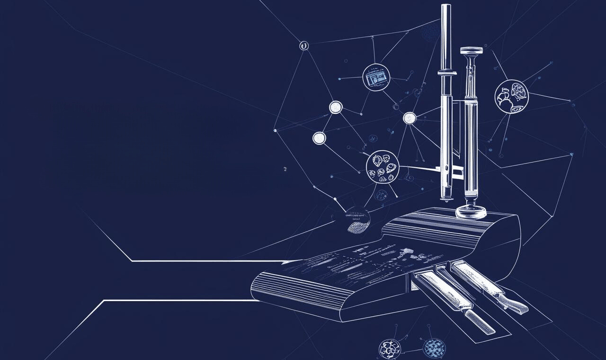

研究贡献
Yew-Kwang Ng 教授在经济学和其他领域发表了 300 多篇经评审的论文,提出福利生物学是他的一个显著贡献。他的第一篇论文发表在《政治经济学杂志》(Journal of Political Economy)上,当时他还是一名本科生。
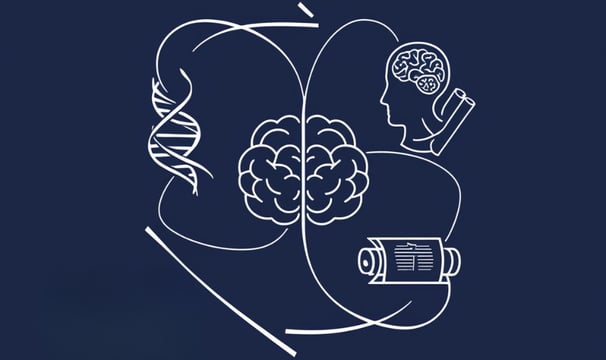

经济学与道德哲学
吴有光教授对经济学和道德哲学影响深远。在经济学方面,他因其在福利经济学方面的研究而闻名,尤其是他的第三优理论。他还对幸福经济学做出了贡献,并倡导可衡量的效用。
出版物概览
通过吴教授的出版物,了解他在经济学、幸福研究和全球政策方面的广泛成果。
Quasi-Pareto social improvements
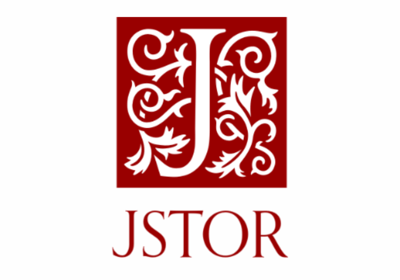

Towards welfare biology: Evolutionary economics of animal consciousness and suffering
The paper combines economics and natural selection to examine which species experience welfare, whether it is positive or negative, and how it can improve.
Shows that Nobel laureate Ronald Coase’ case against the Pigouvian taxation of pollution is based on ignoring an asymmetry due to using an all-or-nothing comparison only.
Eternal Coase and external costs: A case for bilateral taxation and amenity rights
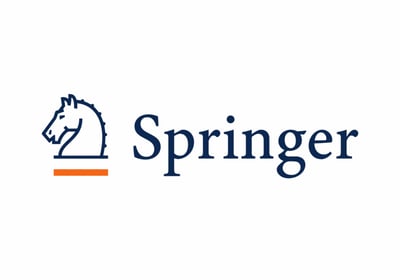

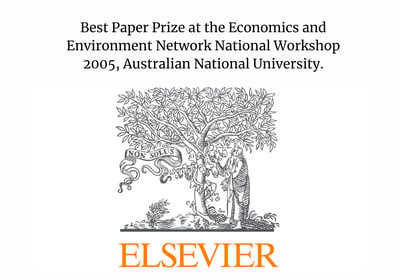

The paper shows that it is more efficient to treat a dollar as a dollar (pure efficiency rules supreme) in specific issues, leaving the distributional objectives to the general tax/transfer system.
Environmentally responsible happy nation index


Markets and Morals: Justifying Kidney Sales and Legalizing Prostitution
Considering efficiency, equality, and morality, this book argues for qualified market expansion, particularly in legalizing kidney sales and prostitution.
This paper explores commonsense methods to reduce animal suffering at low costs and ways to enhance animal welfare advocacy, especially for farmed animals.
Global extinction and animal welfare: Two priorities for effective altruism (Atkinson Memorial Lecture)
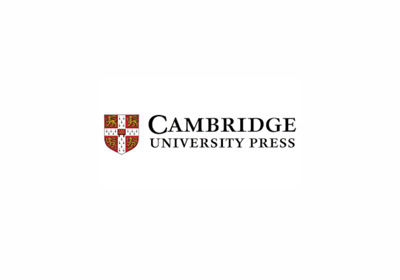

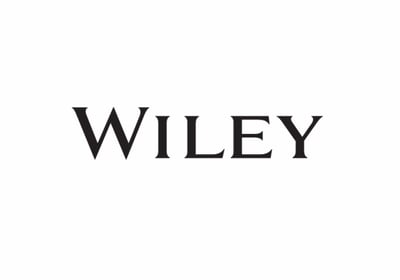

Proposes a national success indicator to complement/supplement GDP, taking account of happiness positively and environmental disruption negatively; with an extended analysis by Chen, et al. in 2016
Effective altruism despite the second-best challenge
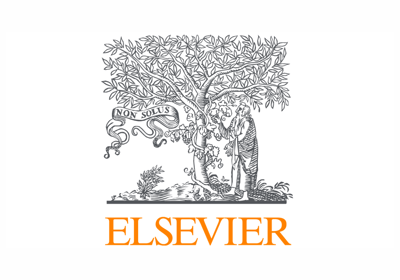

The Importance of Global Extinction in Climate Change Policy
Mitigation investments that reduce extinction risks justify immediate action against climate change, despite high consumption discount rates.
This paper explores commonsense methods to reduce animal suffering at low costs and ways to enhance animal welfare advocacy, especially for farmed animals.
How welfare biology and common sense may help to reduce animal suffering


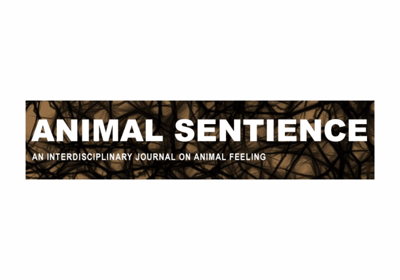

Effective altruists may increase at least the expected welfare by focusing on areas of serious inadequate optimization, taking into account the indirect effects if information allows
联系我们
如需咨询出版物和合作事宜,请联系我们。


Get in touch
在社交媒体上关注 Yew-Kwang Ng 教授
Contact email
Contact
kwang.ng@monash.edu
© 2025. Professor Yew-Kwang Ng, All rights reserved.


